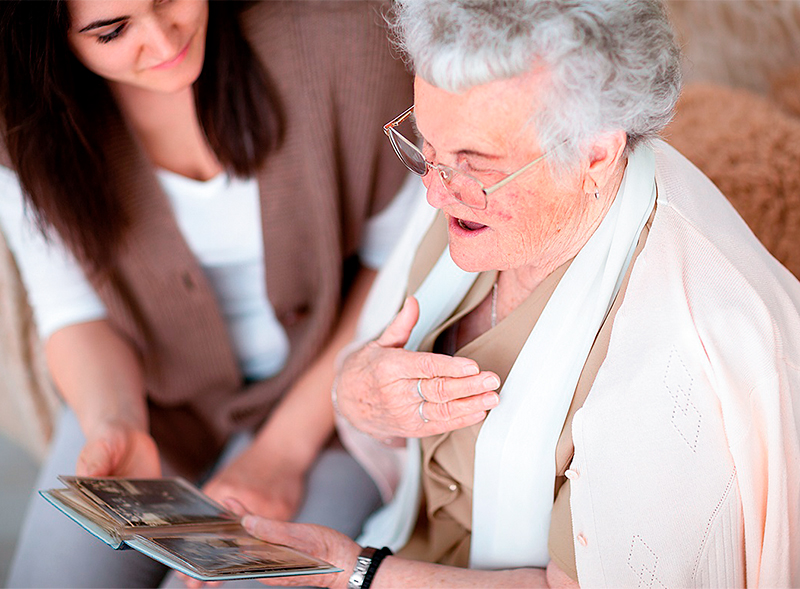Finding out that someone you love has dementia is a gut-wrenching time and you may be wondering how you’re going to cope.
Fortunately, there are lots of support services for both people living with dementia and their loved ones. There are also lots of ways that you can support your loved one in their day-to-day life and in planning for their future.
Read on to discover how you can support someone with dementia, with practical tips that you can easily apply to your individual circumstances and lifestyle.
Consider a care home
If you’re no longer able to cope with looking after your loved one in your own home, it may be time to consider looking for a residential care home. While a move to a care home can be a difficult decision, if it’s becoming increasingly difficult for you to manage their needs, then this may be the best decision for both of you.
There are a wide range of high-quality care homes in the UK such as valeviewheights.com, and you should look for one that provides specialist dementia care. You can even find care homes that boast dementia care units that have been specially designed to calm and soothe people with dementia.
Carry out research
If you’re feeling overwhelmed and unsure about how you’re going to cope with your loved one’s diagnosis, this may be because you don’t know enough about this neurocognitive condition.
Therefore, it can be a good idea to carry out plenty of research about dementia, how it affects a person, and what treatments are available.
There are lots of online resources such as national dementia charities that can offer you information and advice, as well as your local healthcare provider.
Learn how to communicate
If your loved one starts to find speech difficult, then you need to make sure that you speak slowly and use simple words and sentences. Try to maintain eye contact when you speak to them to help them stay focused and use gestures when you can. You may also find that as the disease progresses, they start to use more gestures rather than words, so make sure you’re patient when they do this.
Avoid making any sudden movements or tense facial expressions as this can make someone with dementia feel upset or distressed.
If you’re having a conversation with other family members about their care, try to make them feel included and ask for their opinions.
Help them to maintain their independence
It can be challenging to balance the act of helping your loved one maintain their independence and ensuring that they remain safe in their own home.
There are several techniques that you can adopt to encourage independence including focusing on what they can do rather than what they can’t, breaking down tasks into small, manageable steps, and providing plenty of encouragement and reassurance.
It can also be beneficial to focus on the process of carrying out a specific task rather than finishing it.











